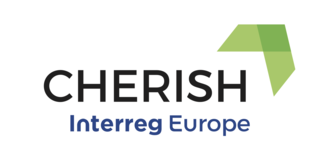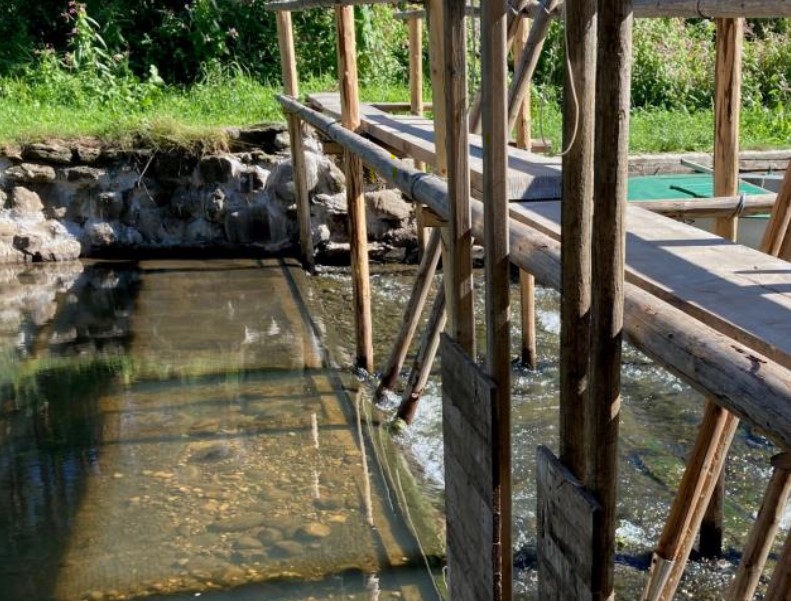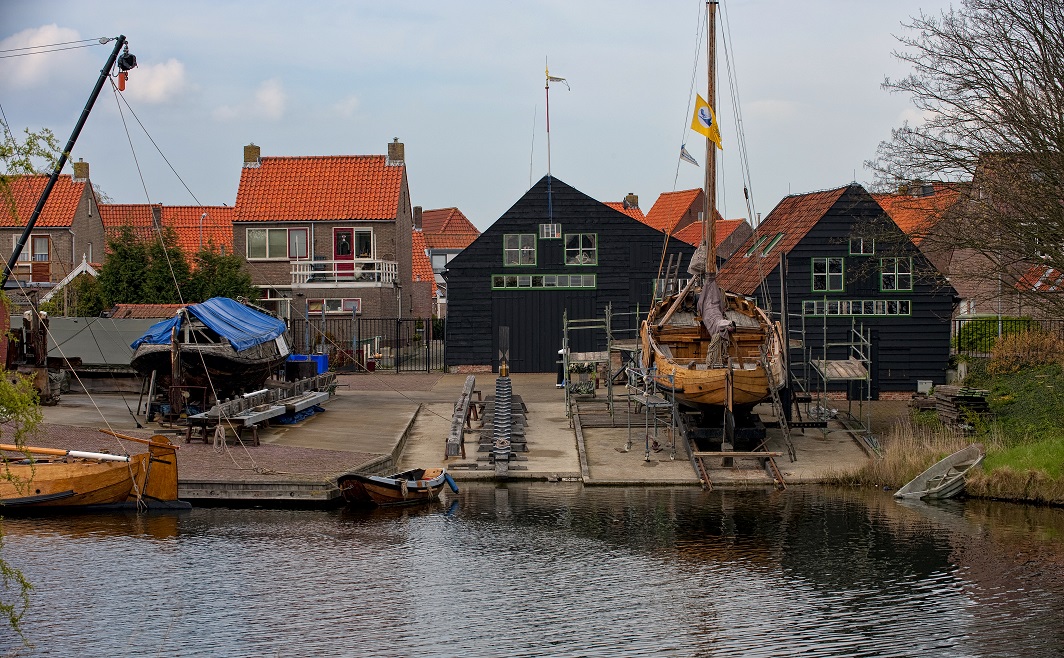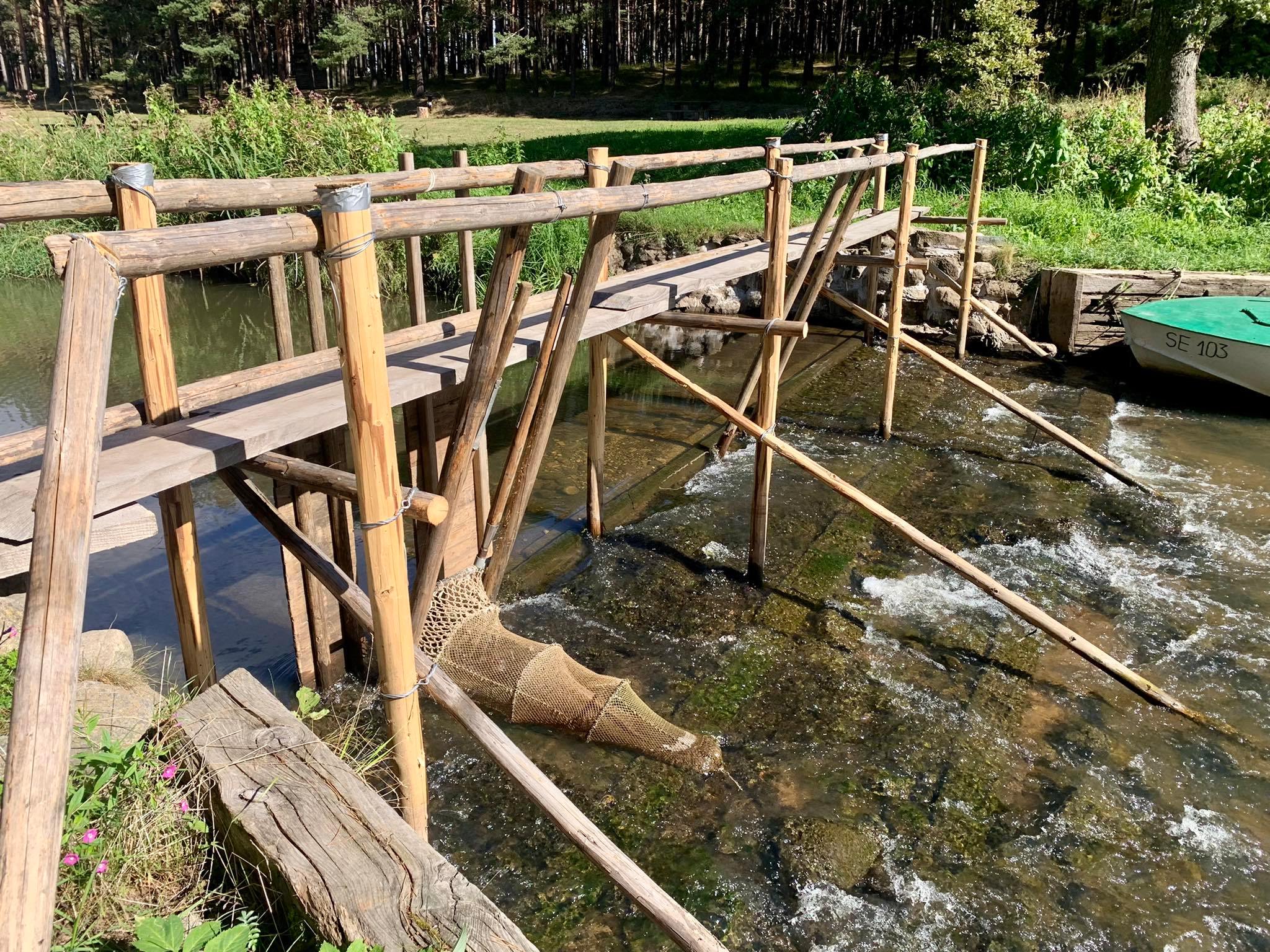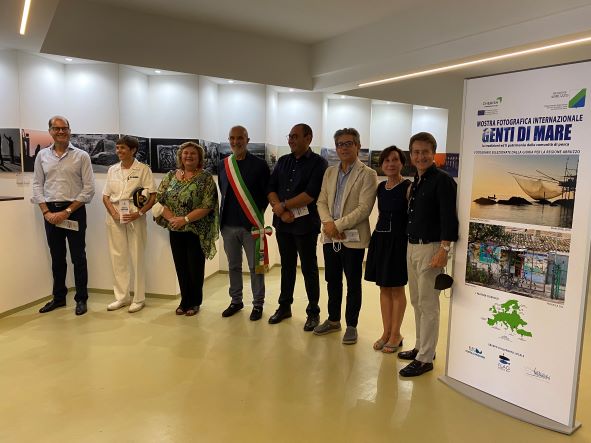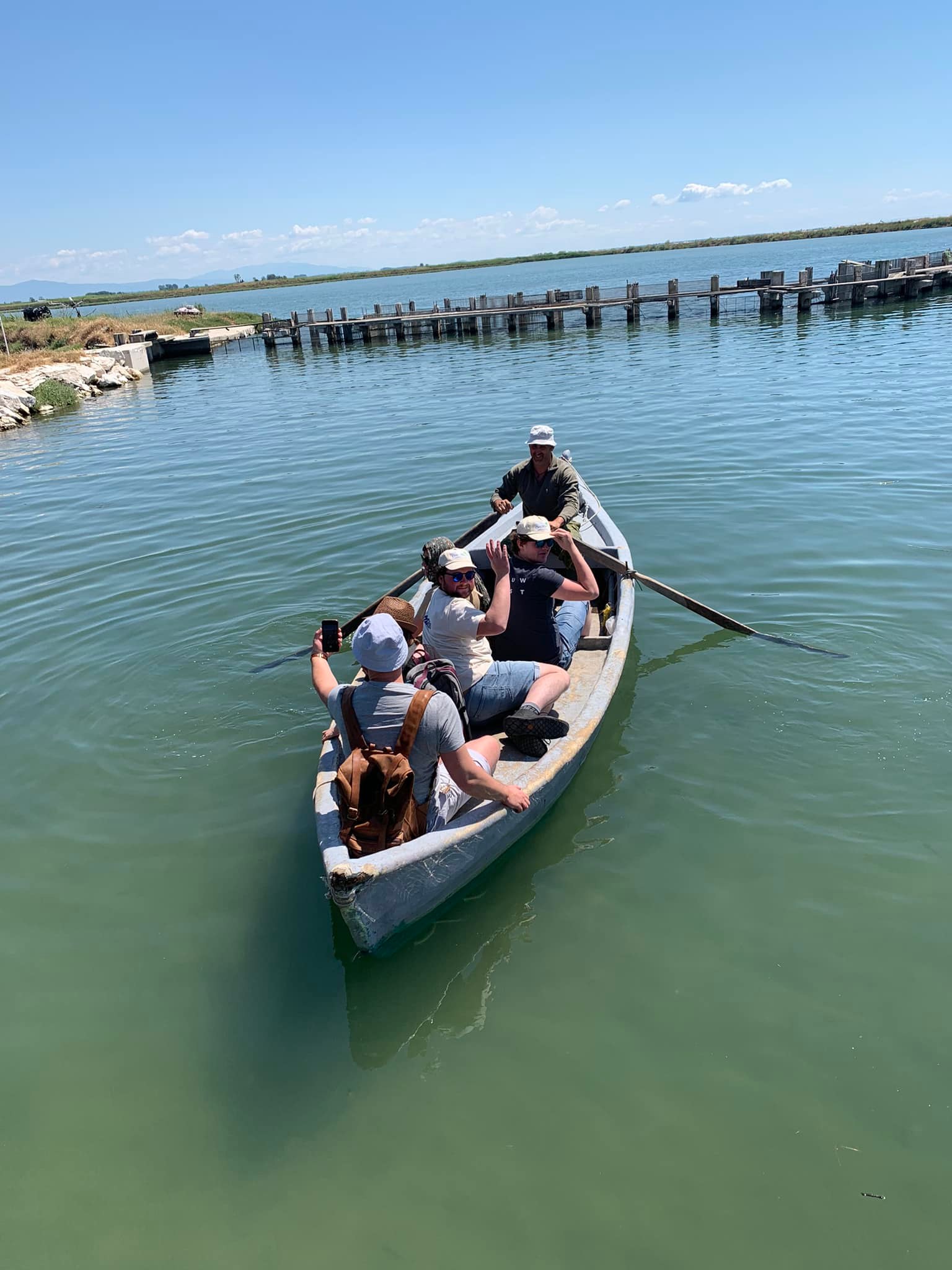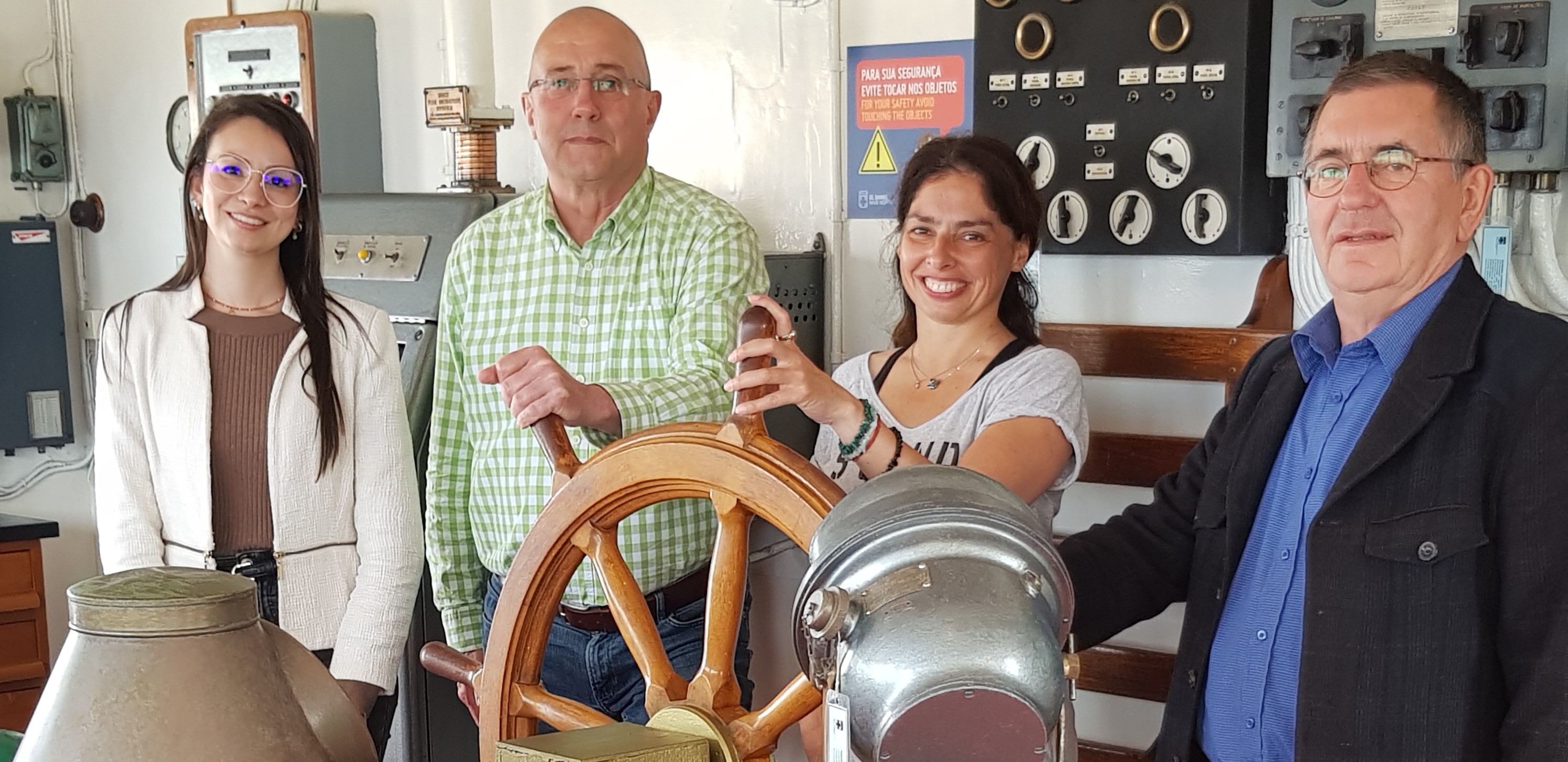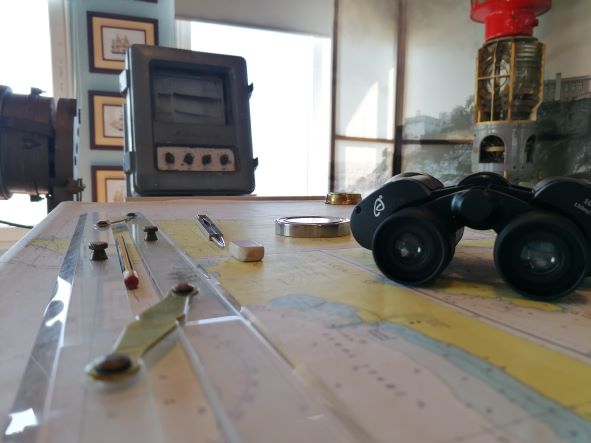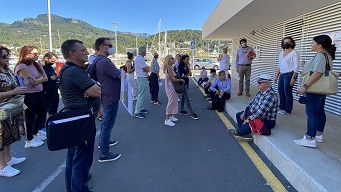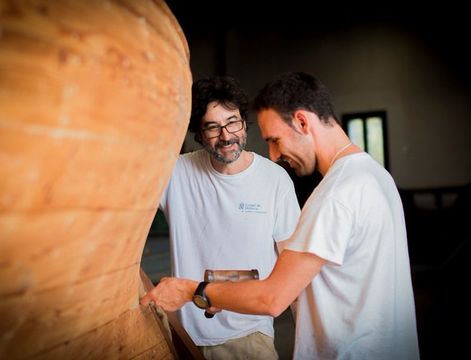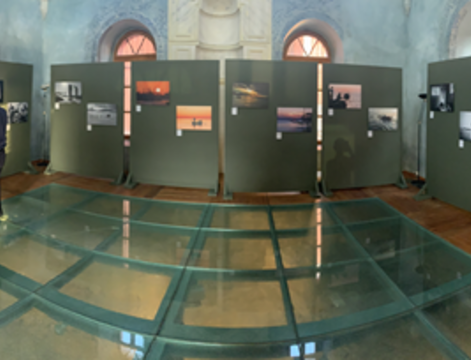One of the objectives of the Traditional Ecological Knowledge component of the CHERISH project is to enhance co- learning and knowledge sharing among participating regions.
A progress report has been created by Snowchange to support this process. Snowchange has asked all CHERISH partner regions participating in the TEK aspects of the CHERISH project to share news and updates on how their own TEK work is progressing. The Covid 19 pandemic has affected the CHERISH project in multiple ways. One of these is a reduction in communications and information sharing between organisations. Despite these difficulties caused by the pandemic Snowchange is excited and proud to inform all partners that the TEK work is progressing well. Also, that final TEK outcomes are presented from CHERISH partners!
First, the one from the municipality of Middelburg! The report consists of two parts: an introduction to the traditional fishery in the region based on archival materials and photos, and a practical section based on participatory research methods. This work focuses on living TEK in the region practiced by selected professional fishers. The reduction in the numbers of young fishers coming to the sector, combined with potential closure of the remaining fishing educational institution in Zeeland, increases the difficulty of passing on the traditions and old ways of fishing to the next generation. You can find the full TEK report from Middelburg here.
Furthermore, Kavala studies elements of tangible and intangible cultural heritage of fishing communities in the Nestos Delta Lagoon, which is a part of the East Macedonia and Thrace National Park complex. This case study focuses on four lagoons of Kavala Regional Unit: Keramoti, Aghiasma, Erateino, and Vassova. These four lagoons are utilized by the local fishermen cooperative, named Nestos Lagoon Fishing Cooperative (NLFC). The bibliographic and archival research has been conducted successfully thanks to the precious and fruitful collaboration with the researchers of the Fishing Research Institute of Kavala and the PERICLES project.
Riga Planning Region has selected lamprey catching and cooking as a focus of its traditional ecological knowledge work. Documentation of Lamprey catching and cooking is a selected activity in TEK work. At present, the information, data and visual material are being collected and systematized to develop Lamprey catching and cooking. As a result of the activity, detailed description with photos, graphs and maps are being created. Documenting detailed knowledge of skills and tools related to lamprey catching is one of the goals. Few video testimonies are available about lamprey catching TEK, thus recording of concrete practices, e.g. placing wires, etc. is necessary.
You can find their TEK report here.
Lamprey Net, Riga Latvia Courtesy of Inese Koluškina
Snowchange has also summarized the TEK work of the Pafos FLAG in Cyprus. Main themes of Pafos TEK work:
- Documenting rare traditional net making as only a very few practitioners are left in Cyprus.
- Investigation of fish species, fishing mesh sizes and fishing places.
- Changing fishing practices and fisheries in Cyprus.
- Traditional fishery and fishing gear.
- Recording and understanding the role of maritime professions in Cyprus, with a special focus on local ship building traditions.
Find the full TEK progress report here.
